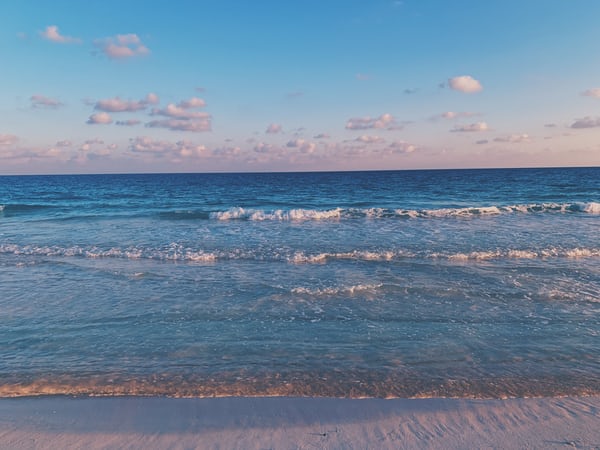The reports in media last week showing video footage of what appears to be an illegal pushback of a group of asylum seekers from Lesbos into the open sea by the Greek Coast Guard has prompted the European Commission to request an investigation of the incident.
As reported by The New York Times, the video showed a group of 12 people, most of them single mothers with their children, being put in a van, then moved to a speed boat and from it to a Coast Guard vessel which could be identified in the footage. The boat transported the group to the open sea where it was abandoned on an inflatable raft.
Apparently, the Greek Coast Guard contacted their Turkish counterpart which came to the rescue of the group and it was brought to a detention centre in Izmir where the newspaper interviewed some of the people about their ordeal.
Ylva Johansson, Commissioner for Home Affairs, reacted on Monday and twitted that she has met the Greek government in the past and made it clear that there is no place for illegal deportations in the EU. Referring to the incident, she wrote that the Commission has requested the Greek authorities to “fully and independently investigate” the incident.
“It is necessary that proper follow up is taken by Greek authorities, also based on the new independent monitoring mechanism,” she twitted. “The European Commission stands ready to take formal steps, as appropriate.”
At the Commission’s press conference in Brussels on Monday, the spokespersons declined to reply to questions if it still trusted Greece, after a history of alleged pushbacks. It did not specify the measures the Commissioner had in mind. Nor was it possible for the Commission to verify the veracity of the footage. It will have to wait for the results of the Greek investigation before drawing any conclusions.
According to a spokesperson, the European Border and Coast Guard Agency (Frontex) has deployed fundamental rights officers in Greece. In principle, they could assist Greece in its investigation but they would first have to identify the coast guard vessel. They could also follow-up on a serious incident report from its own staff.
It is still not clear if any investigation has been launched by the Greek authorities. A press officer at Frontex Press Office confirmed on Tuesday that it has not able to identify any incident related to the allegations in media and no related serious incident reports have been filed.
Frontex has currently 42 fundamental rights officers but they are not permanently deployed in EU member states. Instead, they visit operational areas on a rotation basis. They have an obligation to report on any suspected violations of fundamental rights. Each such communication is immediately transmitted to the Frontex Fundamental Rights Office for evaluation and the issuing of a potential Serious Incident Report.
“Frontex does not conduct investigations,” the press officer explained,“ but Serious Incident Reports are shared with relevant national authorities and may serve as supporting documents during investigations conducted by national authorities.”
As previously reported, Hans Leijtens, a senior Dutch official and former commander of the military police in The Netherlands, was last January appointed to executive director of Frontex after the former director was forced to resign after investigations of mismanagement and alleged pushbacks that made the European Parliament lose its trust in him.
When he took office, Leijtens promised to restore the trust in Frontex and put an end to any involvement of Frontex staff in pushbacks. The first alleged pushbacks were reported in Spring 2020 when Greece faced a sudden flow of illegal migrants from Turkey.
“These are extraordinary circumstances. We have just been to the border area and have seen how tense and how difficult the situation is,“ said European Commission President Ursula von der Leyen when she visited the Greek-Turkish border in March 2020.”
Related News
- Greek elections: Prime Minister Mitsotakis wins big, but pushes for second round
- Greek PM goes for re-election amid a myriad of government scandals
- Like the Stasi: Greece's spyware scandal escalates in European Parliament
“The Greek authorities are facing a very difficult task in containing the situation. This border is not only a Greek border but it is also a European border. And I stand here today as a European at your side. Our first priority is making sure that order is maintained at the Greek external border.”
Ylva Johansson, the Commissioner, assured then that there is no contradiction between protecting EU’s borders and respecting international law and human rights. “It’s possible to do both, to honour the right to asylum and the right to protect our borders.”
During the crisis in 2020, Greek temporarily suspended its asylum application procedures but the suspension does not apply any longer, according to the Commission spokesperson.
Greece also enacted a law to enable the transfer of migrants from the islands to new reception centers in the mainland. Asked whether the law has been implemented, the spokesperson replied that beneficiaries of international protection are free to leave the islands after a positive decision. Vulnerable asylum seekers (like single women with children?) can be transferred to the mainland.
M. Apelblat
The Brussels Times

